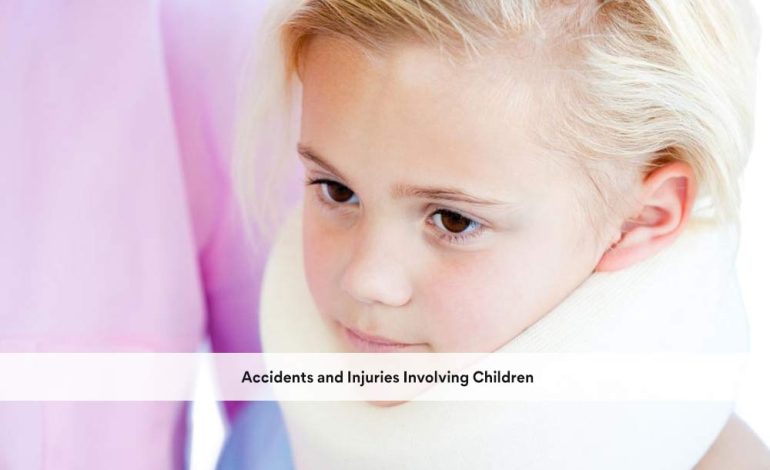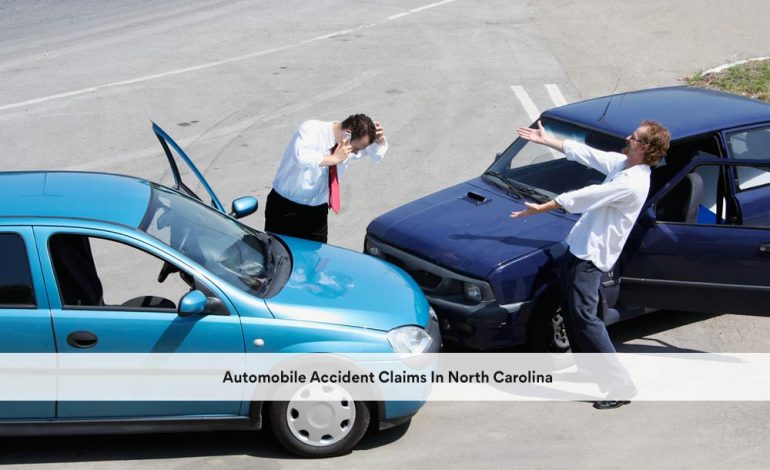Auto Accidents and Disability Insurance
Being in an automobile accident is nothing short of a traumatic experience. Even if you manage to walk away relatively unharmed, the mental, emotional, and financial hardships that result can leave someone scarred for life. What’s worse, though, is the situation felt by those who aren’t so lucky. When you’re in an accident and severely hurt or disabled as a result, you’re left facing serious questions about your future and your ability to care for yourself. If you aren’t able to work as a result of this accident, then what options do you have?
Fortunately, there is Social Security Disability Insurance (SSDI). SSDI is a program that was established to help those who have been injured or disabled in some way, and are unable to work as a result. If you’ve been injured in a car crash, it’s important to know how disability law pertains to your auto accident.
Can You Collect Disability Insurance Due to an Auto Accident?
The short answer to this question is yes. But this “yes” comes with certain provisions. First, like any disability case, you must have injuries or other medical problems that make it impossible for you to continue working. So, just getting hurt does not automatically qualify you. The question is, how much does it affect your ability to actually hold down a job?
Second, your disability or injury must be long-term. SSDI was not established as a short-term disability measure (although some states do offer short-term disability). SSDI is for those whose condition is expected to last at least 12 months. A healthcare provider will be needed to help make this determination.
Third, for disability insurance to cover your auto accident injuries, you will need to provide extensive documentation as to the extent of your condition and how it prevents you from being able to work. This means providing medical records, lab results, blood work, and anything else that needs to be presented to help make your case.
What Else Should You Know?
It’s important also to note that SSDI can be used to help those who are unable to work due to mental or psychological conditions, as well. If you are physically okay after your accident, but find yourself suffering from anxiety, PTSD, or other problems, then you may still qualify for SSDI. In other words — there really is no definitive list of what is and isn’t covered, as long as you can prove an inability to work.
If you have more questions about this, please don’t hesitate to contact us today.


